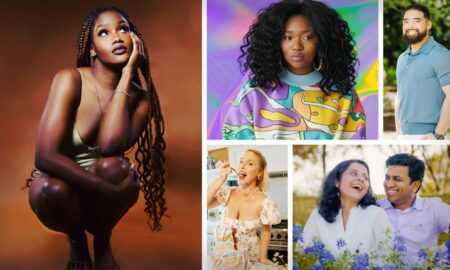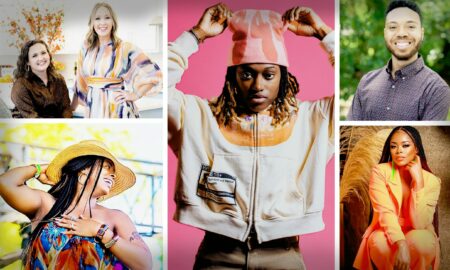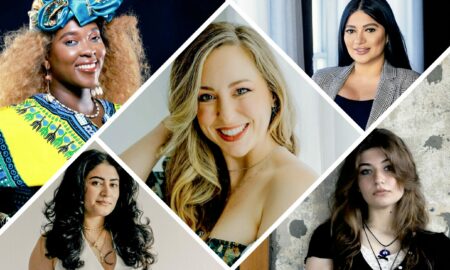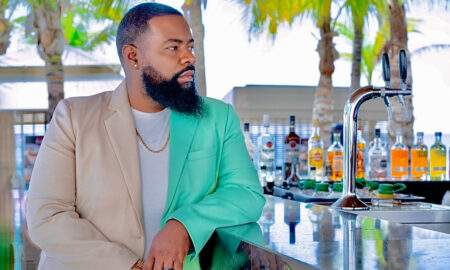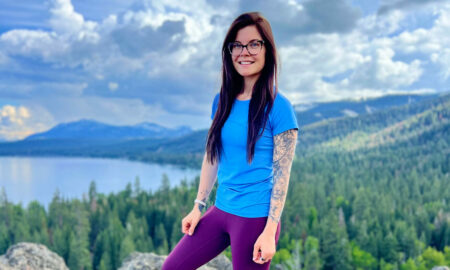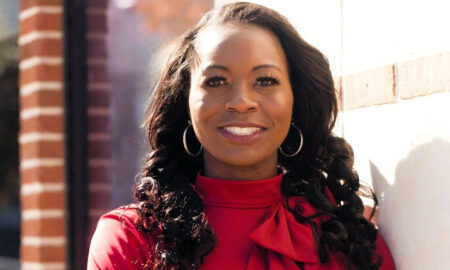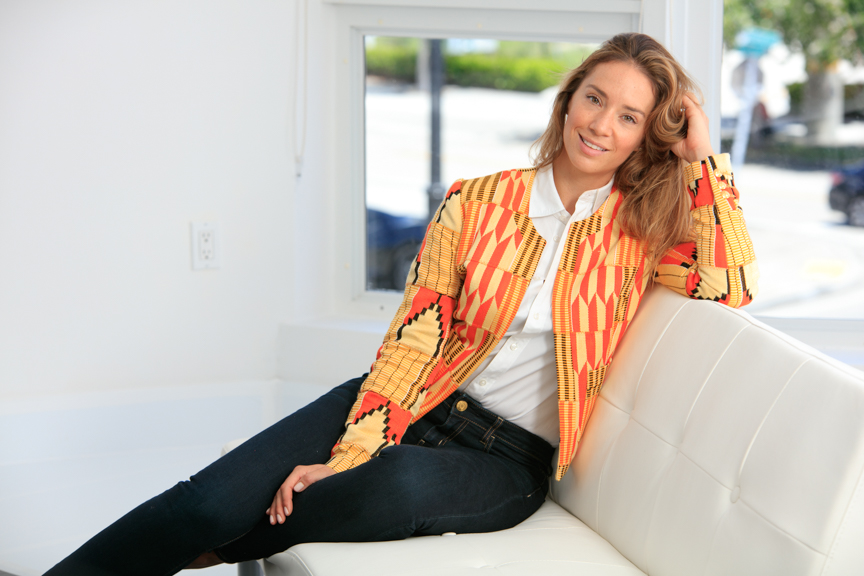

Today we’d like to introduce you to Stephanie Theis Fajardo.
Thanks for sharing your story with us Stephanie. So, let’s start at the beginning and we can move on from there.
Akoma 1260 is a sustainable business with an emphasis on promoting cultural heritage. I didn’t plan on creating a sustainable business, quite the opposite, Akoma actually made me aware of the need for sustainability in my own lifestyle choices.
I learned a lot during the research stage, it became clear to me that I wanted to fully integrate sustainability in all of Akoma’s business practices, it wasn’t enough to just work with handmade fabrics, I really wanted to see a conscious effort reflected throughout the supply chain. I am now looking even further, by introducing a lifetime repair service to prolong the lifecycle of our garments. I also actively promote up-cycling, customization, and swapping events. For the latter, I have partnered up with Magpies and Peacocks a local non-profit based out of EaDo.
Akoma’s journey started with Kente cloth, the traditional fabric from Ghana, once made solely for kings. Furthermore, I partnered with a social enterprise backed by the United Nations, the Ethical Fashion Initiative, to source fabrics from Mali and Burkina Faso, which are very rich in cultural history and handwoven as well. What fascinates me most about the fabrics we work with is the cultural heritage woven into every fiber; in every thread, there is an emotion, every color and symbol represents a unique meaning. I wanted to create something that people would feel proud to wear, something that would make the wearer feel special. It was my way to showcase my appreciation for artisan craftsmanship, all while combining it with my personal style.
Akoma’s mission evolved very organically, we create products that are responsibly-made while promoting sustainability and a positive socio-economic impact. We create work opportunities and bring visibility to the talent found in artisan communities, that many have yet to discover.
We’re always bombarded by how great it is to pursue your passion, etc. – but we’ve spoken with enough people to know that it’s not always easy. Overall, would you say things have been easy for you?
Akoma has been an incredible learning experience, accompanied by many of the struggles that come with entrepreneurship, but each one of those struggles has been a vital key in advancing the desire to produce work that has a lasting positive impact.
Our greatest challenge has been educating people on alternatives to Fast Fashion. People are accustomed to demanding what they want, when they want, for the cheapest price imaginable, without awareness of the implications on the environment or the people that are making the clothes. There is a gap between people’s intentions and their actual behavior. However, I’m optimistic consumer attitudes are evolving, similar to the way people think about food nowadays. More people are choosing to consume organic products. I think people will adopt an ethical fashion in a similar way.
My advice to other young entrepreneurs is to embrace the idea of “struggling well.” Ray Dalio presents this idea in his book Principles by stating: “If you’re not failing, you’re not pushing your limits, and if you’re not pushing your limits, you’re not maximizing your potential.”
So let’s switch gears a bit and go into Akoma 1260 story. Tell us more about it.
Akoma is really about empowering others, whether it’s the weavers who create our beautiful fabrics or our customers who showcase them to the world. I really want to create something that makes people feel good, it’s not just the fit and feel, but the energy of positive impact that each one of our garments promotes.
My inspiration comes from traveling, and the people and cultures that one encounters along the way. Each experience is unique, I really think that we have found a successful way to transmit that in our clothes. I love the idea of combining old and new and intertwining tradition with the dynamism of today’s world. Another important pillar of the brand is exclusivity. We create limited edition collections, and one-of-a-kind pieces that are more than just statement pieces, they are conversation pieces.
What do you feel are the biggest barriers today to female leadership, in your industry or generally?
Leadership requires a fundamental identity shift, and that needs to start from within. We need to start believing in our own potential, while simultaneously accepting that men can be resourceful mentors, considering leadership roles have historically been held by men.
Pricing:
- Resort Collection from $95-200
- Main Collection from $400 – 650
- One-of-a-kind garments $550 +
Contact Info:
- Website: https://www.akoma1260.com
- Email: info@akoma1260.com
- Instagram: https://www.instagram.com/akoma1260/
- Facebook: https://www.facebook.com/akoma1260/






 Image Credit:
Image Credit:
Courtesy of Akoma 1260
Getting in touch: VoyageHouston is built on recommendations from the community; it’s how we uncover hidden gems, so if you know someone who deserves recognition please let us know here.

